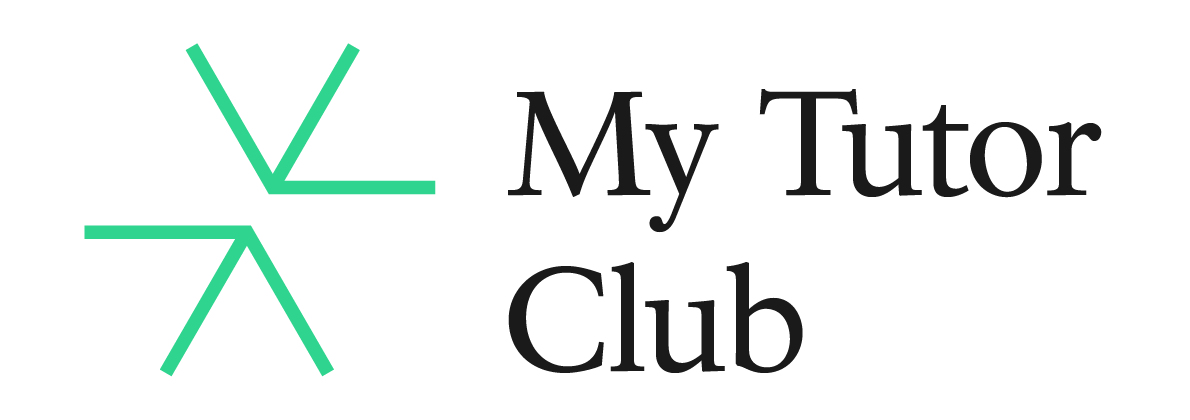On the surface, my job as a tutor is to help my students get the grades they need to get from A to B: whether it’s getting into the competitive prep school they’ve chosen to attend or getting the grades they need to meet a university offer.
However, I see my role and responsibility as being much broader than that. I tutor a lot of kids in the age range of 12 to 16, arguably some of the most impressionable years of a person’s life. So while I want my students to absorb all the facts they need to ace their exams, I also want them to learn from the learning process itself, and develop skills they can take with them beyond the classroom.
Hard work
You will never get anything in life – that is, anything you will be proud of – without hard work. As a Latin tutor, I appreciate my students might not want to learn about Caecilius or Aeneas forever. Ablative absolutes and imperfect subjunctives might not be their greatest passion. But learning to work hard at something they might find challenging, complex or just plain boring is a valuable lesson to learn at this stage in their lives.
First, it demonstrates stamina and resilience. You might forget all those passive verb endings as soon as your Latin GCSE is over, but the work ethic applied to your revision study will stick with you.
Secondly, when it comes to applying that hard work and rigour to a discipline you are passionate about, it will come that much more easily. It sounds cliché, but the times when we’re pushed out of our comfort zone are the times when our greatest strengths emerge. The people who give up at the first sign of a challenge are never going to grow to their full potential.
Curiosity
The majority of students view school work and exams as a series of hoops they have to jump through in order to get from A to B (and who can really blame them). While this is part of the reality, a good tutor needs to inspire their students and encourage them to engage in their academic subjects with rigour, passion and curiosity.
Whether it’s a case of engaging with the subject itself or developing a curious mind more generally, you want to encourage debate and question asking. The important lesson here is to teach the students to think for themselves – to learn to do it and to want to do it. Intellectual curiosity is a lifelong skill they will benefit from enormously in years to come (especially if they have their sights set on a top university).
Confidence
By the end of my time teaching any student, my biggest hope is that I have developed their self-confidence. I want them to feel confident in their own academic abilities, I want them to enter the exam room cool, calm and collected, and not jump straight into panic mode at the sight of a slight curve-ball question.
And it isn’t just so they can get a good exam grade. I want my students to develop a confidence they can apply to the rest of their day-to-day lives. I want them to speak more authoritatively in class, walk a bit taller in the hallways, try out a new hobby. I want them to view mistakes as crucial to improvement and not to be afraid of subjects that come less naturally to them.
Us twenty-something tutors fall into a sweet spot in the age range, right in the middle of a student’s peers and their authorities. Some aren’t sure if they should view us as another authority or as one of their mates, and as a result they tend to respect us without feeling threatened or intimidated. We are uniquely positioned to be able to influence them.
So while I might be getting paid to help a student get an A in one out of ten subjects, I’m always aware of the bigger picture and the full impact I can have in those one-hour sessions.
